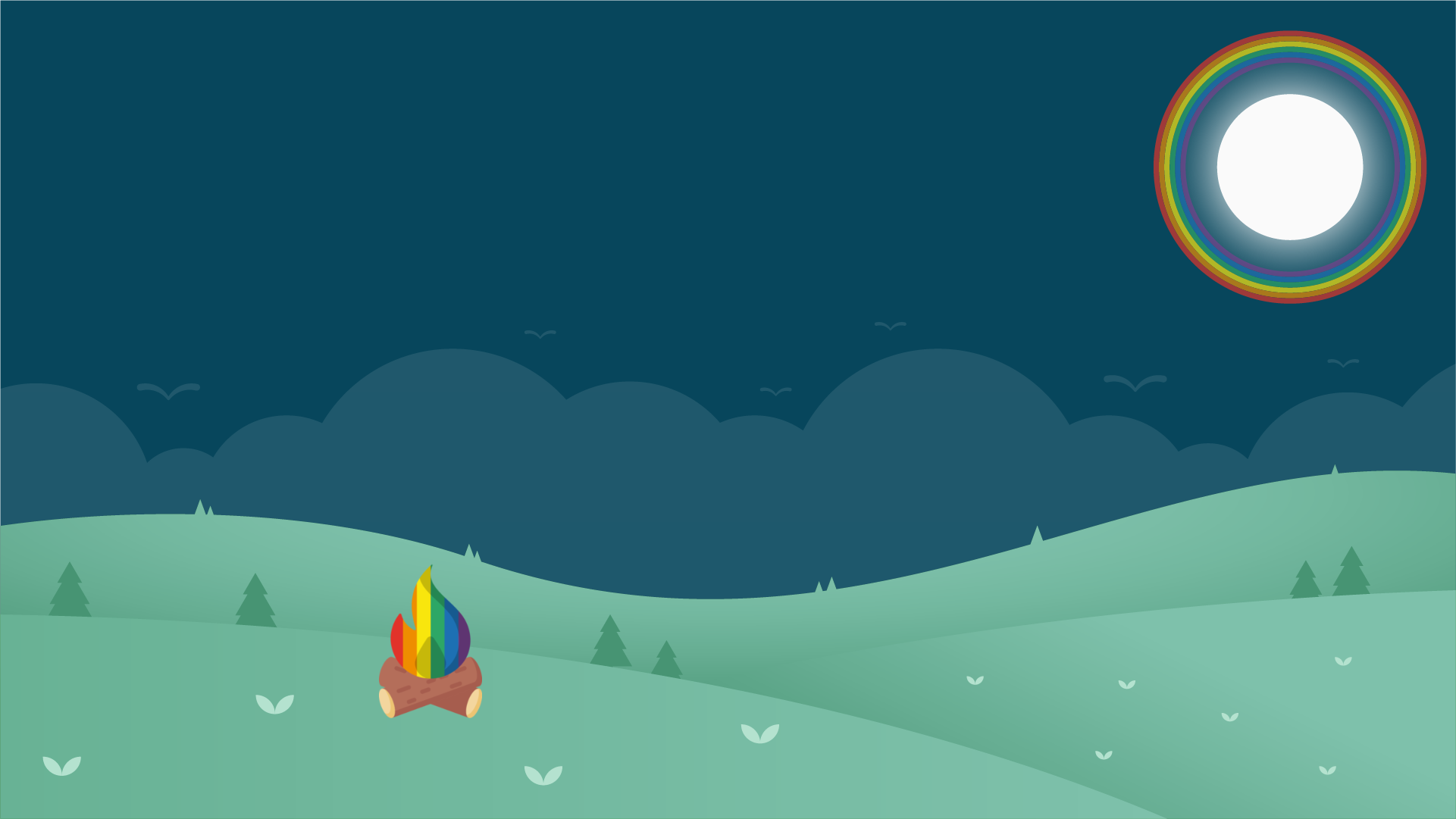👋 Welcome back to another week of community building goodness where we help you learn one newsletter at a time.
This issue is sponsored by:
🤗 “Friends” as the ideal community
This is a great piece looking and re-thinking communities of place:
When they moved to New York, they didn’t want to get into another co-living situation, but they still wanted to live near friends so they invited them to rent in the same building. This time they had something more like the “Friends” ideal: Close community, but everyone could govern their own lives as they saw fit. “It takes away all of the overhead and all the negotiating of a commune while giving you all the good stuff, which is that you live near 40 friends, you have a shared social space,” Rose says.
🌈 Using Slack for what it is meant for
I'm not one that has energy to debate community tools, but I've been involved in starting up a Slack recently and I shared my approach and thinking behind how to set it up.
Hint: it has a lot to do with collaboration over chat.
🤖 It's time to end the 'default male'
I cringed listening to some of the example OpenAI videos and this point from Everything in Moderation hits hard:
I watched one video that showed a man prepping for a job interview. He asks the AI for feedback on how he looks, and the AI responds by laughing and teasing him a bit, and gently suggesting that he runs a hand through his hair. This is not the way women talk to each other, nor is it the way that men talk to each other. This is the way that a woman talks to a man when she’s trying to tell him something he doesn’t want to hear without making him angry.
🏙️ The City Makes the Civilization
Interesting food for thought from Palladium on the connection between cities, social media and tehcnology:
Cities exercise power over social media. There is a strong feedback loop between physical communities or networks and their digital counterparts built online. Much of the discourse on any social media platform, for example, is essentially identical to the discourse of any number of major cities.
📸 Community Memory Management
What’s a regret you have with your community?
One of mine is not giving enough attention to the idea that we are creating history, and as part of that process we should create artefacts and curate a space to be able to look back onto.
How would you build community around an open-source product?
Some useful feedback, ideas and tips in this Hackernews thread, including:
There is a cost to open sourcing. You have to maintain the community.
The short answer is that you cannot simply create a passionate and involved community overnight. This development must be mostly organic, starting with community and open-source contributions from the beginning. While it's possible to initiate this process now, building a deeply engaged community typically requires a gradual and natural evolution over time. It's not something that can be switched on instantly.
Open sourcing as a strategy works when there is a lot of developer interest and (usually) a developer is the beneficiary of the software. If your product is CRM/ERP, is there a lot of developer involvement in the provision of the software?
🕸️ We can have a different web
I'm working towards a different web, will you Molly White? And myself? And be curious to whoever else is doing it.
To me this doesn't mean quitting social media, it means designing my own special thing that will occasionally make use of social media.
There's more to life than the social web and chat spaces. ❤️
3️⃣ The three stages of emotions for community meetups:
I went to a meetup recently and this was my ‘member journey’:
1️⃣ Registering : Yay this exciting.
2️⃣ In the run up: Oh, not sure I can find time for it, I'm feeling anxious, what excuse can I find not to go?
3️⃣ After: I'm so glad I went, why was I even thinking about not going?
Read the full story
Sign up now to read the full story and get access to all posts for paying subscribers only.
Membership


